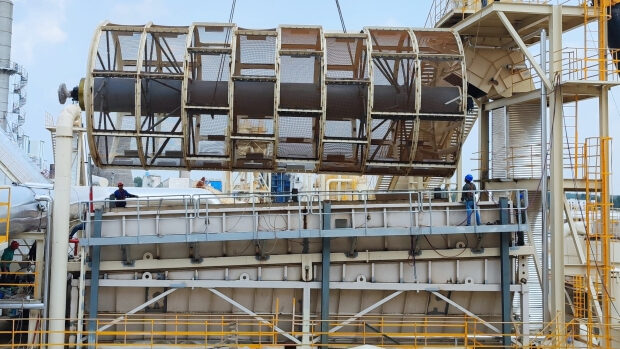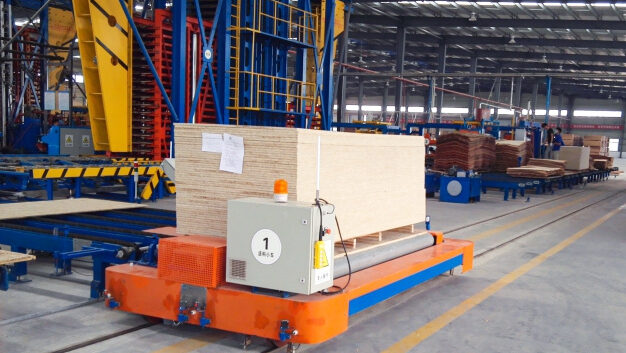Electrical Control System
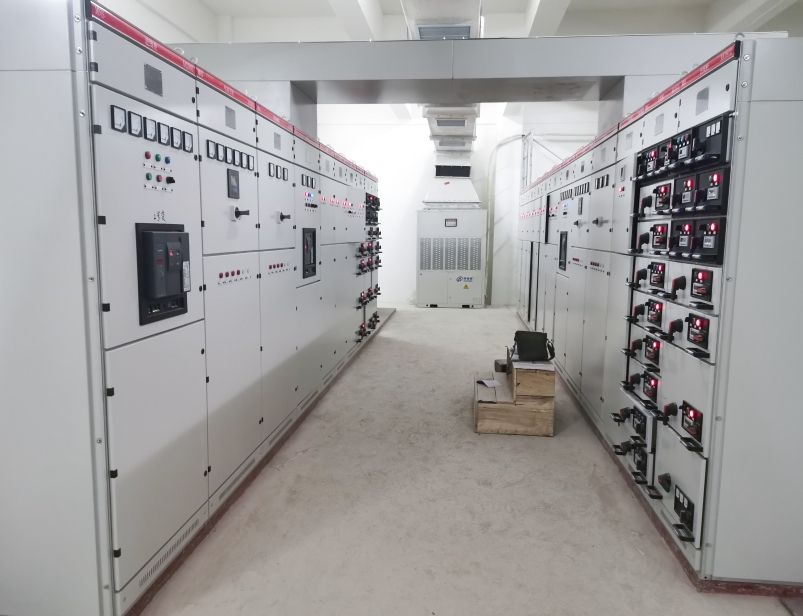
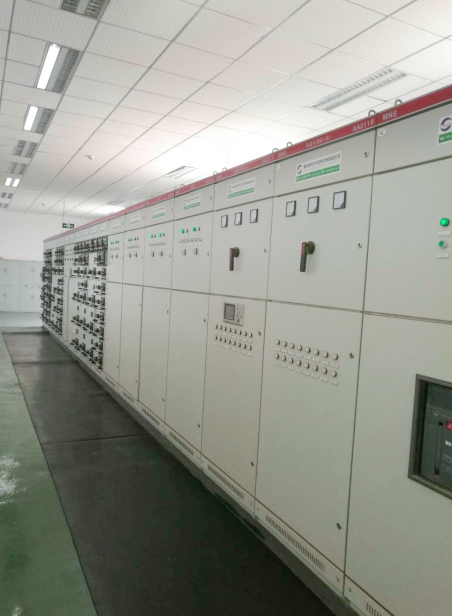

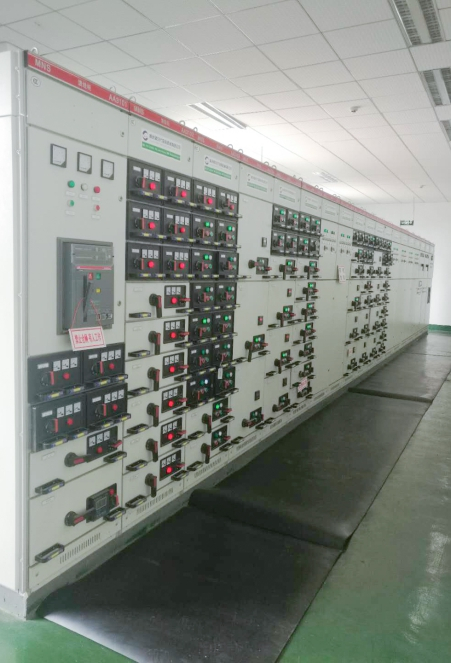
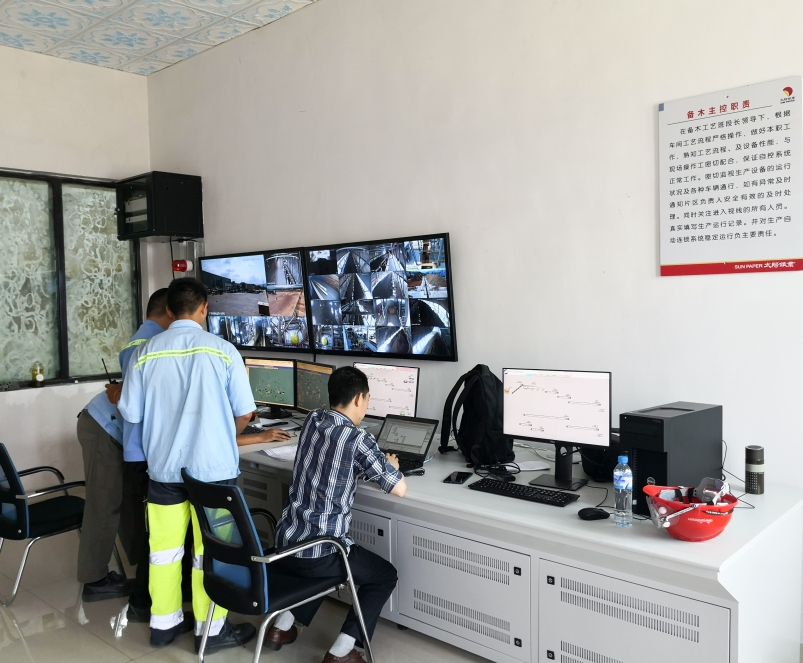
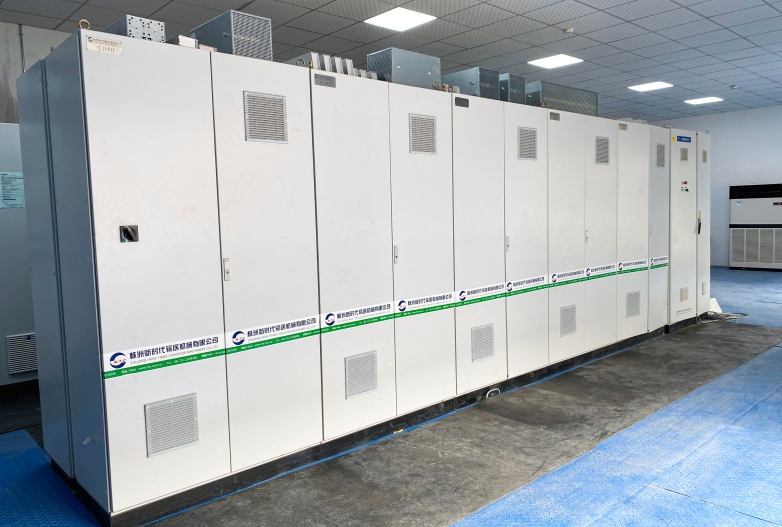
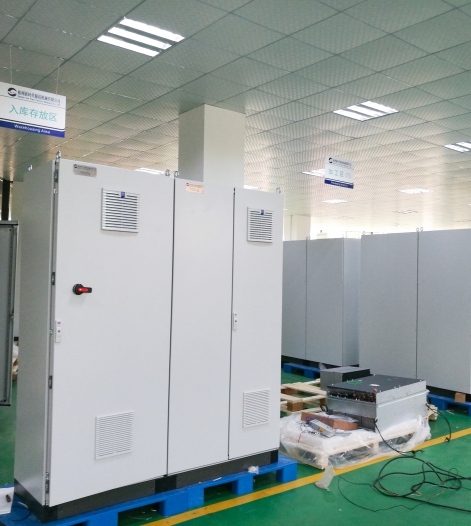
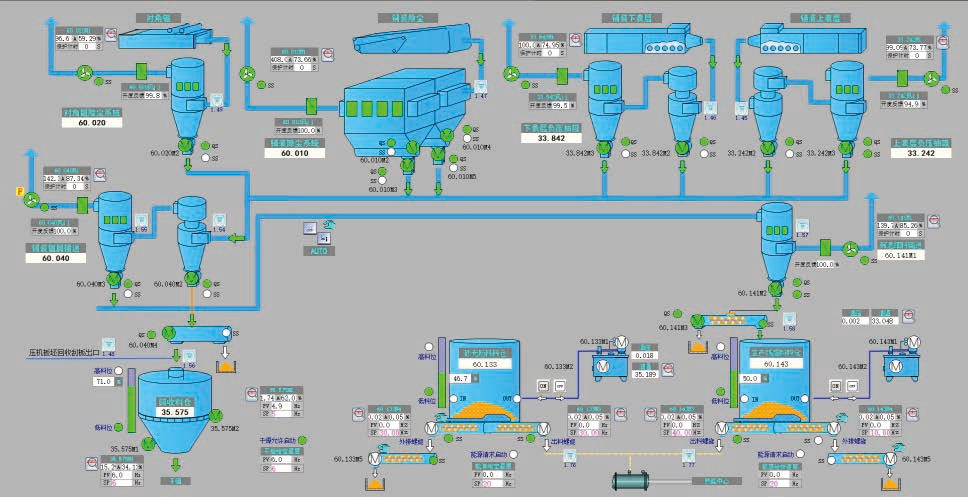
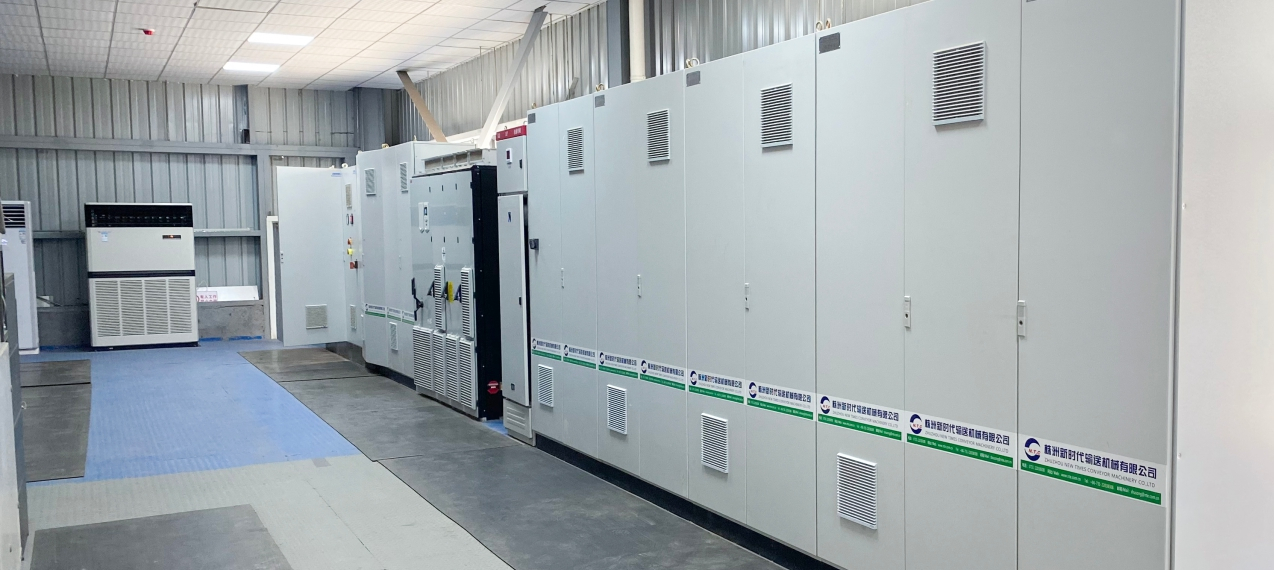
An Electrical Control System is the central nervous system of modern industrial machinery and processes. It is an integrated network of components designed to command, manage, and regulate the operation of machinery with a high degree of precision, safety, and automation.
The system’s core typically includes a Programmable Logic Controller (PLC) or a Distributed Control System (DCS), which acts as the brain, executing pre-programmed logic. It receives input from various sensors (e.g., for temperature, position, pressure) and sends output commands to actuators like motor starters, solenoid valves, and drives.
These components are interconnected through control panels housing vital elements such as circuit breakers, contactors, and overload relays for protection, and a Human-Machine Interface (HMI) or SCADA system for operator supervision and control.
The primary advantages of a well-designed Electrical Control System are profound. It significantly enhances operational efficiency by automating complex sequences, reduces manual labor, and minimizes human error.
It ensures equipment and personnel safety through integrated safety relays and interlocks. Furthermore, it provides real-time monitoring and data logging, enabling predictive maintenance and rapid troubleshooting, which ultimately boosts overall productivity and reduces operational costs across various industries, from manufacturing and material handling to water treatment and energy management.

